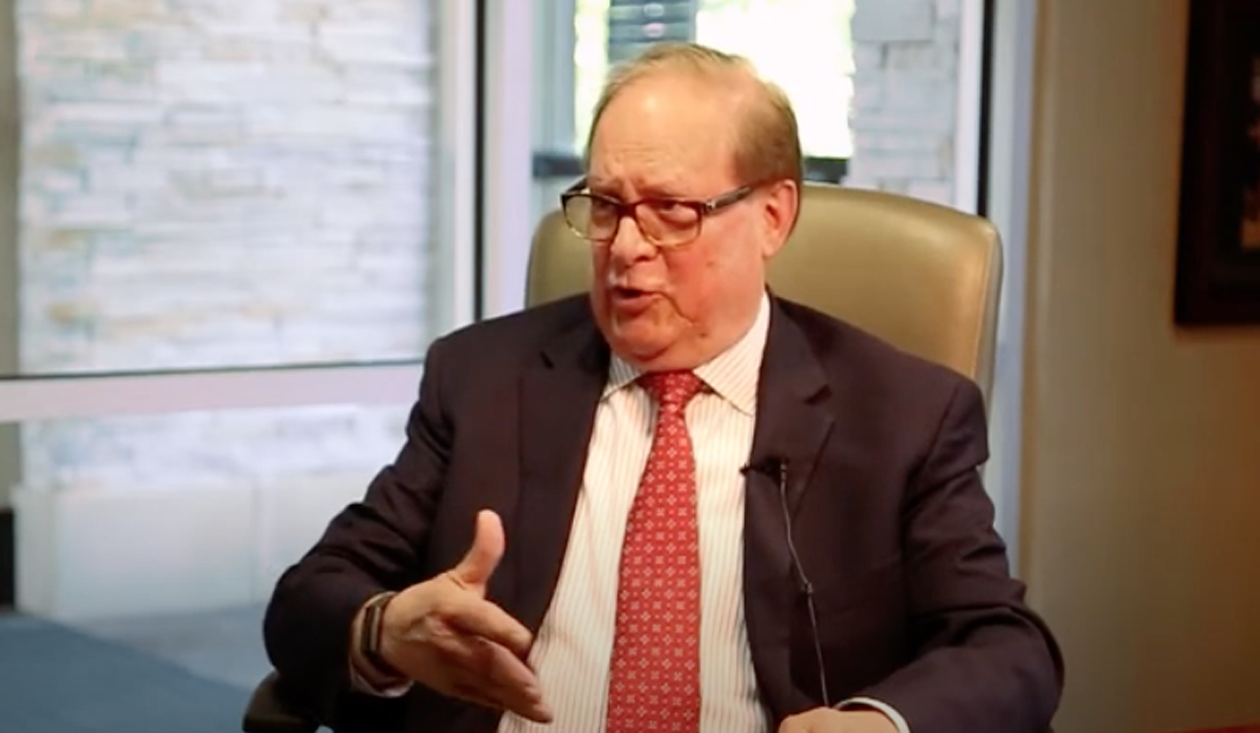US. Suburban residents risk losing homes over rising pension costs
By Amy Korte Patricia Hill grew up in Chicago’s Hyde Park neighborhood dreaming of one day owning a home. She and her husband accomplished that dream in 2003 when they moved to the suburb of Matteson to raise their two daughters. They bought a two-story home in a quiet neighborhood for $315,000. Her property taxes were $7,800 for 2004. But Hill’s home is now worth less than she paid for it back in ’03. Meanwhile, her property taxes have done anything...










